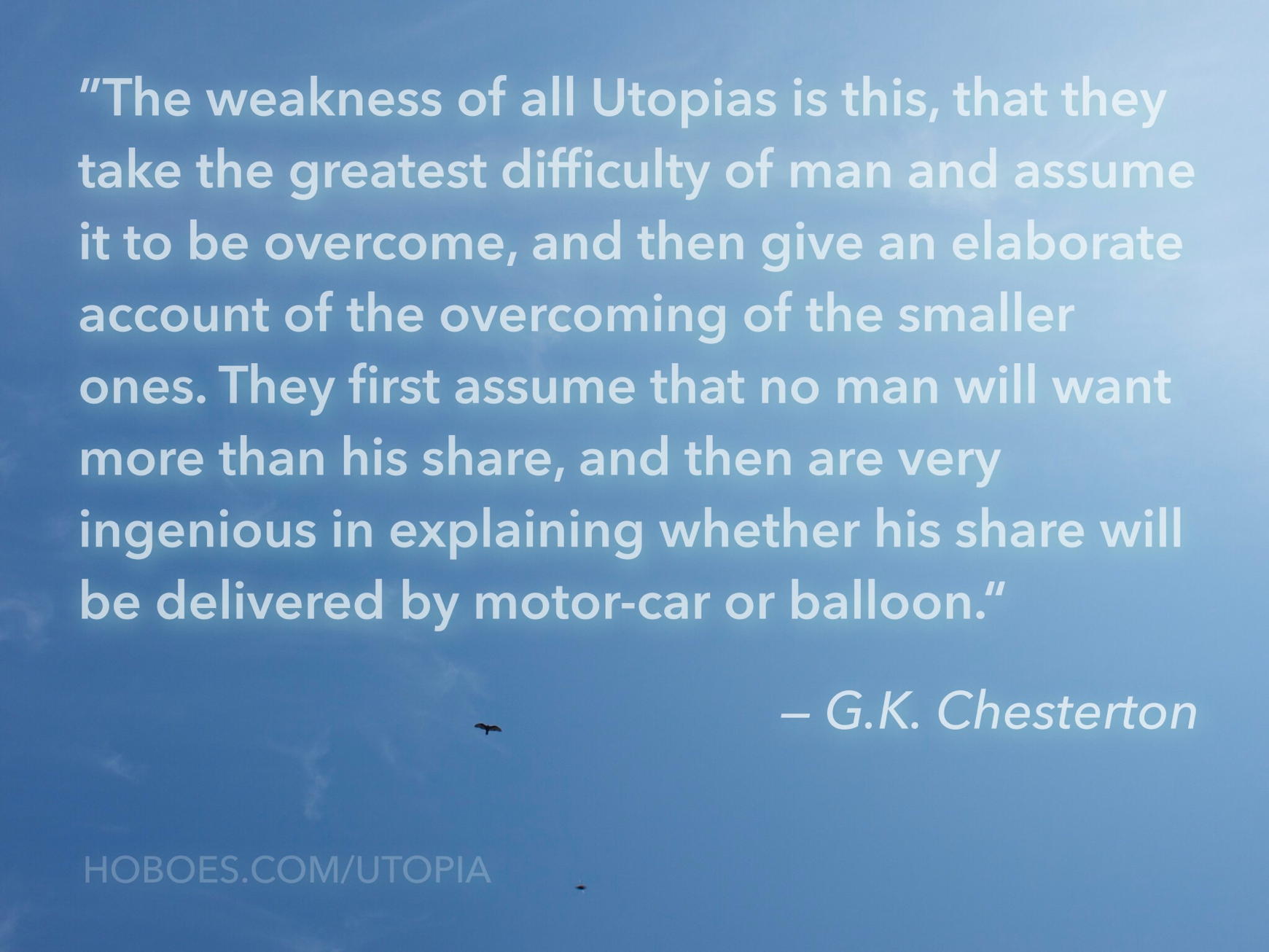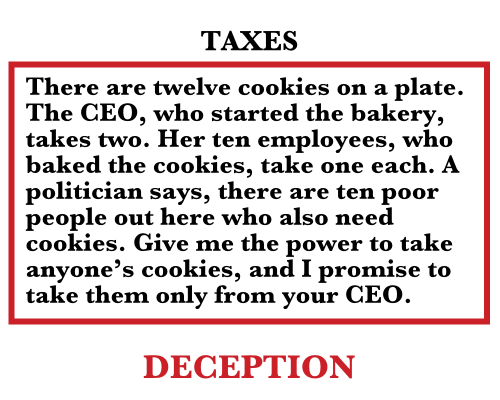Power Play 2020

In April 1979, in Omni Magazine, Frederik Pohl asked us,
Here is a multiple-choice question to test your wits: How are we going to meet America’s growing energy needs for the future?
- By importing more oil and natural gas;
- by developing our own new sources of oil and natural gas;
- by expanding coal production and perhaps by chemically converting some coal into liquid or gas fuel;
- by constructing more nuclear-fission-power plants, perhaps including breeder reactors;
- by learning how to generate power from nuclear fusion.
Take a minute to think it over because these are the answers you’d get from your president, your legislators, your friendly neighborhood-utility public-relations flack, and the guy sitting next to you at the bar as you watch the ball game. Made your decision? Okay. Here’s the right answer. It isn’t any of the above. It is:
- We aren’t.
Then he goes on to say “let’s examine the facts.”
It was hard to tell at first if Pohl hadn’t written an April Fool article. The editors in the contributor notes section had warned about an article being a joke, and it was about the right page for it. But the joke article turned out to be the article after Pohl’s.1 Which may have been deliberate on the editors’ part, because the April Fool article used the same sort of jumpy logic and assuming the not-assumable that Pohl’s article did.
After telling us that we aren’t going to develop our own new sources of oil and natural gas, he writes:
There are oceans of oil yet untapped. No one really knows how much there is. The problem is expense—in terms of dollars and energy. We keep finding new oil reserves, but they are increasingly hard to get at.
Which is the wrong lesson to take from that factoid. The right lesson was, we keep finding what we once thought were hard-to-get-at reserves, and finding ways to extract them safely and inexpensively. But, as I plagiarized in Better for being ridden the past is not just another country, it’s another planet. Even as a science fiction author, who should have known better, he can be forgiven for thinking, in 1979, that the only way we’re going to find oil is by big government or government-sponsored monopolies. That’s where the United States was headed in 1979, and government monopolies don’t bring prices down.
But much of it was just that either he didn’t know what he was talking about, or he was deliberately misrepresenting the problem.
No one has yet put into practice a safe system for storing radioactive wastes…
In fact, in 1979 we already knew how to use dangerous radioactive waste: by not storing it. If it’s dangerous, it’s still fuel. President Carter banned recycling nuclear waste in 19772 so perhaps he can be forgiven for thinking we couldn’t safely dispose of nuclear waste, but not that we didn’t know how. We did. Otherwise, it wouldn’t have had to be banned.

1979 was well-summarized in this issue of Omni.
That is, however, a side argument. His main argument is that the problem is unsolvable without either population control or deliberate technological regression, because the growth of energy use adds heat to the earth. The same is even more true of solar energy from space, which is both theoretically unlimited and does not repurpose energy that was already stored somehow on the earth.
So here is the bad news in a nutshell. How do we go on increasing our rate of consumption of energy? We don’t. At some point we flatten the growth curve—or else we die.
He recognizes that he sounds like one of the nuts from the past, but he isn’t willing to let the nuts from the past go yet either:
It’s true that there have been God’s own quantities of disastrous predictions that have not happened. Thirty years ago, many responsible people felt that nuclear war would wipe us all out, and it hasn’t. (Not yet, anyway—it’s still a possibility.) The population hasn’t yet exploded. The prophecies of world famine in the 1970s haven’t come true. (Neither problem has stopped being a problem. But neither has reached a critical point—at least yet.)
Then he goes on to explain, using Pete Rose, why his prediction of world doom is different.
And then, after explaining that the problem is using energy that would have radiated away, such as solar, his solution is… to use energy that would have radiated away, such as solar. Also, neutral sources that only release carbon that was sequestered recently, such as… regressing back to burning wood.
It’s a live example of Chesterton’s dictum about socialism:
“…they take the greatest difficulty of man and assume it to be overcome, and then give an elaborate account of the overcoming of the smaller ones. They first assume that no man will want more than his share, and then are very ingenious in explaining whether his share will be delivered by motor-car or balloon.”—G.K. Chesterton, Heretics (utopian-weakness)
In Pohl’s case, he assumes that the problem of energy storage has already been overcome, and goes on about how gathering the energy is as simple as a bunch of mirrors focused on water to turn it into steam. But storage is the big problem with sporadic sources of energy such as wind and solar. They produce energy when we don’t need it, and need expensive materials—usually, mined in foreign countries—in order to store it for when we do need it.
There is simply no question that the increase in the use of generated energy must level off at some point. (Even switching to 100-percent-renewable resources does not exempt us from that constraint. It only postpones the problem for a long time and imposes a different kind of constraint.)
The only real question is when. In A.D. 5179, when the world is a mass of high-temperature plasma? In A.D. 2150, when the heat released by human activities in the United States equals the heat poured in by the sun? Obviously, it will have to flatten out long before then, because before either of those dates we will all be dead.
It seems to me that a good time to stop is now. And it also seems to me that any public figure who tells us we can solve the energy problem by finding or building new sources of conventional types is practicing a dismal and destructive fraud. He isn’t solving the problem. He is the problem.

And that gets us to the crux of the matter. Pohl’s “problem” is, yet again, the left’s preferred solution—population control—in search of a crisis to apply it to. The left3 always seems to come back to this: we need less people, less technology, less progress. People and technology and progress are evil forces, and must be destroyed. All those disasters that never came true weren’t expected to come true. They were chosen because they aligned with the left’s already preferred solution. Regression and control.
“Bad planning” goes his subtitle, “is turning the earth into a time bomb.”
Leftism itself seems to be the time bomb. Their solution is always: turn back time. Shut down technology, shut down civilization, and shut down people.
Think back to how many memes you saw in your social media feeds from the left, celebrating our most recent shutdown of civilization, of workplaces and electricity, as good for the environment. The carbon reduction from this shutdown was very small; to get to carbon zero would be at least ten times worse than the COVID shutdown. We would no longer have reliable power, we would no longer have reliable law enforcement, and we would no longer have any progress toward even better power and better law enforcement. There is no future with the progressive model. They always want a permanent shutdown on progress.
They always assume that the problems of the day are insurmountable by progress, and that the only way to combat them is with a regression—a regression to an autocracy with them in charge. Population control; energy rationing, health care rationing. No matter the problem—population explosion, ice age, global warming, or virus—that’s always their solution. Shut down the technological civilization, and erect in its place a new barbarism, a feudal technocracy with them at its head, rationing out favors.
That's also why the distinction between essential and non-essential never seemed to make sense. It was never meant to be a response to the virus. It was meant to be the application of power.
That's not a solution to anything except progress and civilization. The civilization they keep trying to tear down is what has always saved us from their doomsday scenarios. Their barbarism is always guaranteed to kill us. Their induced panic over COVID-19 was that in miniature. Shut down the innovators who create new solutions; shut down the non-essential health care that keeps people healthy in the face of a disease the kill the unwell. Shut down the food supply that keeps us healthy and alive. You cannot turn crops on and off like a light switch. What we don’t grow today, we cannot harvest tomorrow.
It’s always the same problem with the left. There are too many people. There’s too much technology. You have too many choices. Give us the power, and we’ll solve that problem for you.
In response to The new barbarism: A return to feudalism: The progressive left seems to have no concept of what civilization is, and of what undergirds civilization.
Christopher Priest’s funny “Static Gravity”. It specifically makes fun of the crank writer who posits a solution that says everyone else is wrong, and who, when history proves them wrong, merely adds another bullet point to their crackpot theory.
↑Reagan may have lifted the ban in 1981. I can’t find a conclusive source one way or another on whether it’s still banned, banned again, highly discouraged, or not banned at all.
↑Pohl was a communist, though one disillusioned by communism’s reliance on the Soviet Union during World War II. For more, read his fascinating memoir, The Way the Future Was.
↑
- Better for being ridden: the eternal lie of the anointed
- Whenever there’s a crisis, politicians and the media always tell us that if we do what they say, we’ll be all right. This is always a lie. And however often they fail and however many die from their ministrations, their wabbling fingers always return to the mire.
- Fueling Freedom: Exposing the Mad War on Energy•: Stephen Moore and Kathleen Hartnett White (hardcover)
- “Fossil fuel energy is the lifeblood of the modern world. Before the Industrial Revolution, humanity depended on solar energy captured in living plants.”
- Mongols and turnips: coronavirus roundup
- The Mongol and the Turnip farmer; Georgia on my mind; isolation causes death.
- Nuclear fuel recycling could offer plentiful energy: Louise Lerner at Argonne National Laboratory
- “Imagine the mess if we mined one ton of coal, burned five percent of it for energy, and then threw away the rest. That is what happens with uranium for nuclear fuel today. Currently, only about five percent of the uranium in a fuel rod gets fissioned for energy; after that, the rods are taken out of the reactor and put into permanent storage.”
- Recycling Nuclear Fuel: The French Do It, Why Can't Oui?: Jack Spencer at The Heritage Foundation
- “Over the past four decades, America's reactors have produced about 56,000 tons of used fuel. That ‘waste’ contains roughly enough energy to power every U.S. household for 12 years. And it's just sitting there, piling up at power plant storage facilities. Talk about waste!”
- The Way the Future Was
- Frederik Pohl makes me want to pack up my belongings and head out from Michigan to New York City to make my living as a science fiction writer in the community of science fiction writers at the birth of the genre.
More alternative energy
- Let them eat solar
- The reason we don’t have an alternative to fossil fuels is that we’ve put government bureaucrats in charge of finding it.
More Frederik Pohl
- The Way the Future Was
- Frederik Pohl makes me want to pack up my belongings and head out from Michigan to New York City to make my living as a science fiction writer in the community of science fiction writers at the birth of the genre.
More New Barbarism
- Innovation in a state of fear: the unintended? consequences of political correctness
- Is political correctness poised to literally kill minorities as it may already have killed women, because scientists avoid critical research in order to avoid social media mobs?
- Barbarism and the Global Village
- If we don’t protect our borders, we don’t protect our civilization. When Rome let the barbarians in, they became barbarians.
- Money Changes Everything: Empowering the vicious
- Barbarism empowers the rich, the powerful, the vicious, the strong. Civilization empowers everyone else. Gun control and centralized economies, darlings of the progressive left, have empowered the vicious since the beginning of time. The beltway crowd prefers no competition from people free to barter, or free to defend themselves.
- The new barbarism: A return to feudalism
- The progressive left seems to have no concept of what civilization is, and of what undergirds civilization.
- Science by consensus is barbarism
- The scientific method is pure, distilled civilization. It is completely unnatural.
- 16 more pages with the topic New Barbarism, and other related pages
More OMNI Magazine
- Better for being ridden: the eternal lie of the anointed
- Whenever there’s a crisis, politicians and the media always tell us that if we do what they say, we’ll be all right. This is always a lie. And however often they fail and however many die from their ministrations, their wabbling fingers always return to the mire.
- The Best of Omni Science Fiction No. 2
- I always enjoyed Omni, but, unlike its sister publication, I enjoyed it for its photos more than for the stories. It’s best, however, was not too bad, at least from 1978-1980.
- Omni’s Jobs of the Future from 1985
- What Omni’s popular science writers saw as the jobs of tomorrow thirty years ago.
More solar power
- Deadly complications of government bureaucracy
- Government monopolies, whether government agencies or de facto government agencies in the form of government-sponsored enterprises, aren’t rewarded by getting product to the people who need it. They’re rewarded by kissing up the bureaucratic chain.

